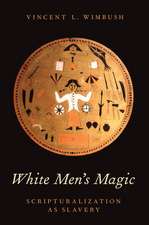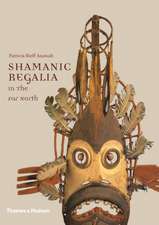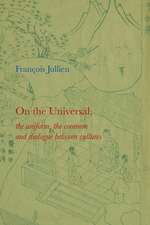Kinship at the Core: An Anthropology of Elmdon, a Village in North-west Essex in the Nineteen-Sixties
Autor Marilyn Strathern Cuvânt înainte de Audrey Richardsen Limba Engleză Paperback – 18 mar 2009
Preț: 327.20 lei
Nou
Puncte Express: 491
Preț estimativ în valută:
62.61€ • 65.54$ • 51.81£
62.61€ • 65.54$ • 51.81£
Carte tipărită la comandă
Livrare economică 05-19 aprilie
Preluare comenzi: 021 569.72.76
Specificații
ISBN-13: 9780521105033
ISBN-10: 052110503X
Pagini: 336
Dimensiuni: 152 x 229 x 19 mm
Greutate: 0.49 kg
Editura: Cambridge University Press
Colecția Cambridge University Press
Locul publicării:Cambridge, United Kingdom
ISBN-10: 052110503X
Pagini: 336
Dimensiuni: 152 x 229 x 19 mm
Greutate: 0.49 kg
Editura: Cambridge University Press
Colecția Cambridge University Press
Locul publicării:Cambridge, United Kingdom
Cuprins
1. The idea of a village; 2. Elmdon families and the core; 3. Elmdon as a community; 4. Employment; 5. Where and how one lives; 6. Help and dependancy: kinship in practice; 7. Ideas about relatedness; 8. Marriage and the significance of outsiders; 9. The real village.
Descriere
This book takes the idea of 'village' not for granted, but as a dogma to be accounted for.














